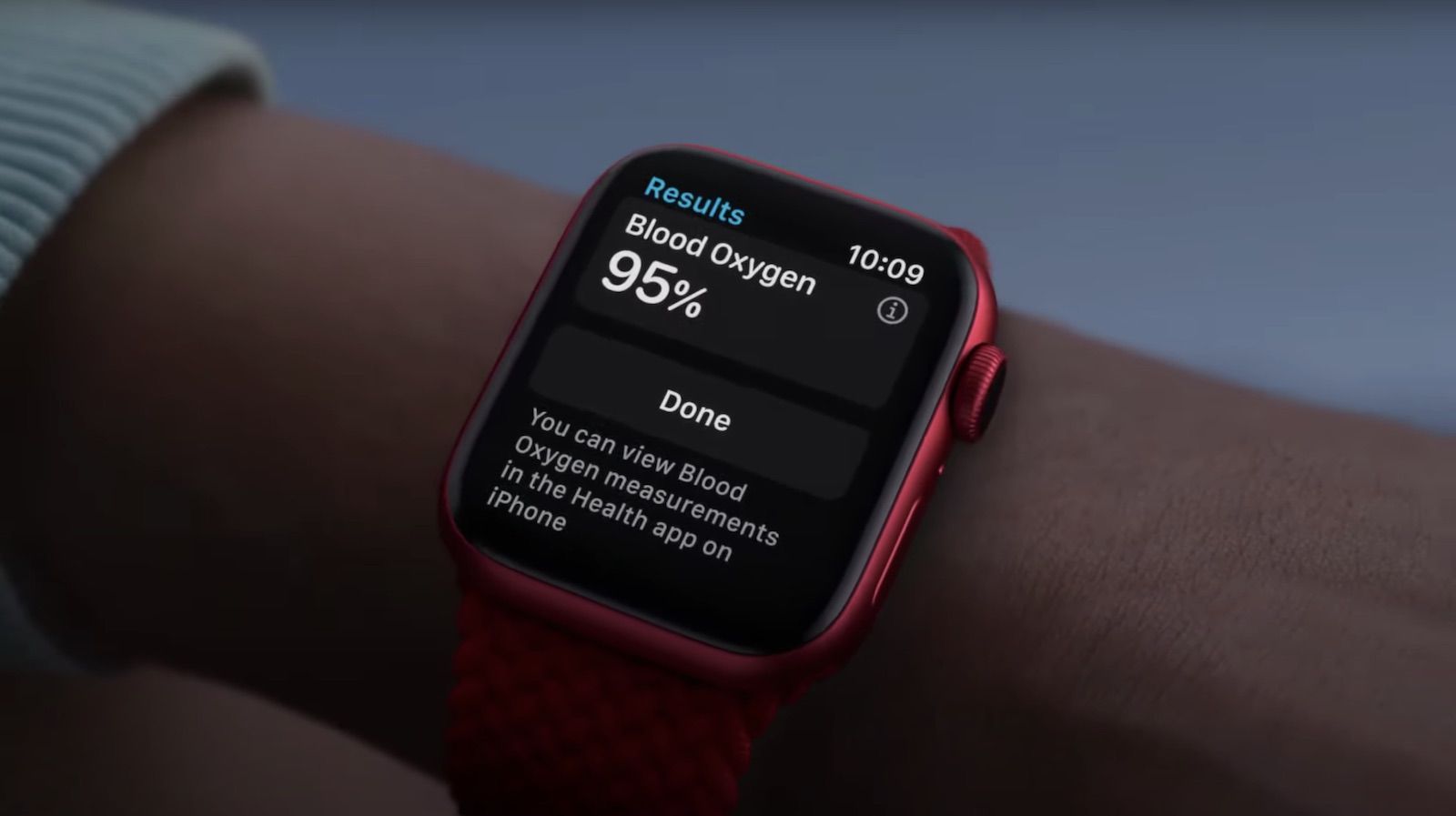I can only guess that their attempt for a "SW fix" isn't working out ...I wondered about that too. I imagine that since October, or before, Apple would have in the background be prepared to lose this case at least at this level and have an immediate response to switch over to something viable that still allows them to sell Series 9 and Ultra.
I'm a bit surprised that Apple has come out to officially say they'll halt sales on Dec 21. You'd think that months before, they'd have a strategy in the works so that it doesn't lead to them having to make such a public announcement.
To me, this would make a good investigative journalism to see what's going on behind the scenes.
and yea, this could be a Apple TV+ show, I might even subscribe then to watch it




